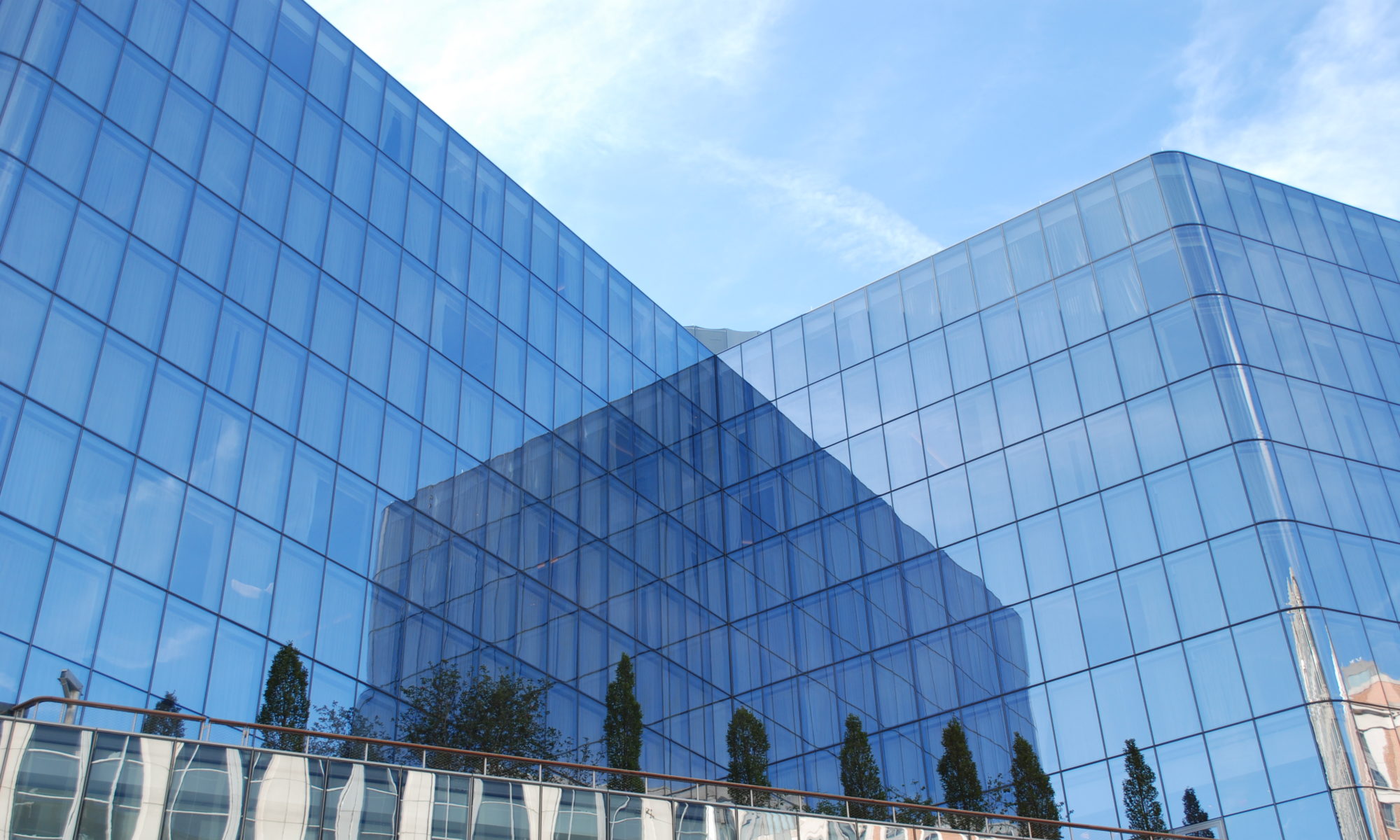Social isolation may worsen the effects of oxidative stress [1] and has been associated with worsening of schizophrenia symptoms. [3]
An animal based study found that 6-8 weeks of social isolation led to oxidative damage in the brain and an active phytochemical extract from Vietnamese ginseng called majonoside-R2 helped reduce the effect. A fairly large dose of the extract was used if considering typical amounts of herbal supplements (10—50 mg/kg) and it was given as an intraperitoneal (into the main body cavity of the abdomen) injection which is primarily a method used in animal research and therefore wouldn’t be directly applicable to humans. [1] A one hundred and fifty pound human would weigh slightly less than seventy kilograms and so a comparable amount would be 700-3500 mg. A 700 mg supplement would be a large capsule, while 3500 mg would be closer to a half teaspoonful of a powder. And this study used an extract of the ginseng, not a dose of the whole ginseng root – however it was found effective at reducing oxidative stress damage by modulating nitric oxide 9a free radical) and glutathione (an antioxidant, [2]) systems in the brain.
A song has been found by neuroscience research to help reduce anxiety significantly. It is potentially so relaxing however that it is not recommended to listen to while driving. [4] The audio help for reducing anxiety may be acting to reduce oxidative stress – potentially that may be how it helps reduce feelings of anxiety, or maybe it is encouraging a slower deeper breathing rate, diaphragmatic breathing and oxidative stress.
There is more on the topic of social isolation and health effects but I’m posting this brief introduction.
- Disclaimer: Opinions are my own and the information is provided for educational purposes within the guidelines of fair use. While I am a Registered Dietitian this information is not intended to provide individual health guidance. Please see a health professional for individual health care purposes.
- Huong NT, Murakami Y, Tohda M, Watanabe H, Matsumoto K. Social isolation stress-induced oxidative damage in mouse brain and its modulation by majonoside-R2, a Vietnamese ginseng saponin. Biol Pharm Bull. 2005 Aug;28(8):1389-93. https://www.jstage.jst.go.jp/article/bpb/28/8/28_8_1389/_article
-
Chad Kerksick and Darryn Willoughby, The Antioxidant Role of Glutathione and N-Acetyl-Cysteine Supplements and Exercise-Induced Oxidative Stress, J Int Soc Sports Nutr. 2005; 2(2): 38–44. https://www.ncbi.nlm.nih.gov/pmc/articles/PMC2129149/
- Zhihong Jiang, Gregory R. Rompala, Shuqin Zhang, Rita M. Cowell, and Kazu Nakazawa, Social Isolation Exacerbates Schizophrenia-like Phenotypes via Oxidative Stress in Cortical Interneurons, Biol Psychiatry. 2013 May 15; 73(10): 1024–1034. https://www.ncbi.nlm.nih.gov/pmc/articles/PMC3638045/
-
Neuroscientists Discover a Song That Reduces Anxiety by 65 Percent, theantimedia.org, Nov. 28, 2017 http://theantimedia.org/neuroscientists-discover-song-reduces-anxiety-65-percent/
-
Daniele Martarelli, Mario Cocchioni, Stefania Scuri, and Pierluigi Pompei, Diaphragmatic Breathing Reduces Exercise-Induced Oxidative Stress, Evid Based Complement Alternat Med. 2011; 2011: 932430. https://www.ncbi.nlm.nih.gov/pmc/articles/PMC3139518/
